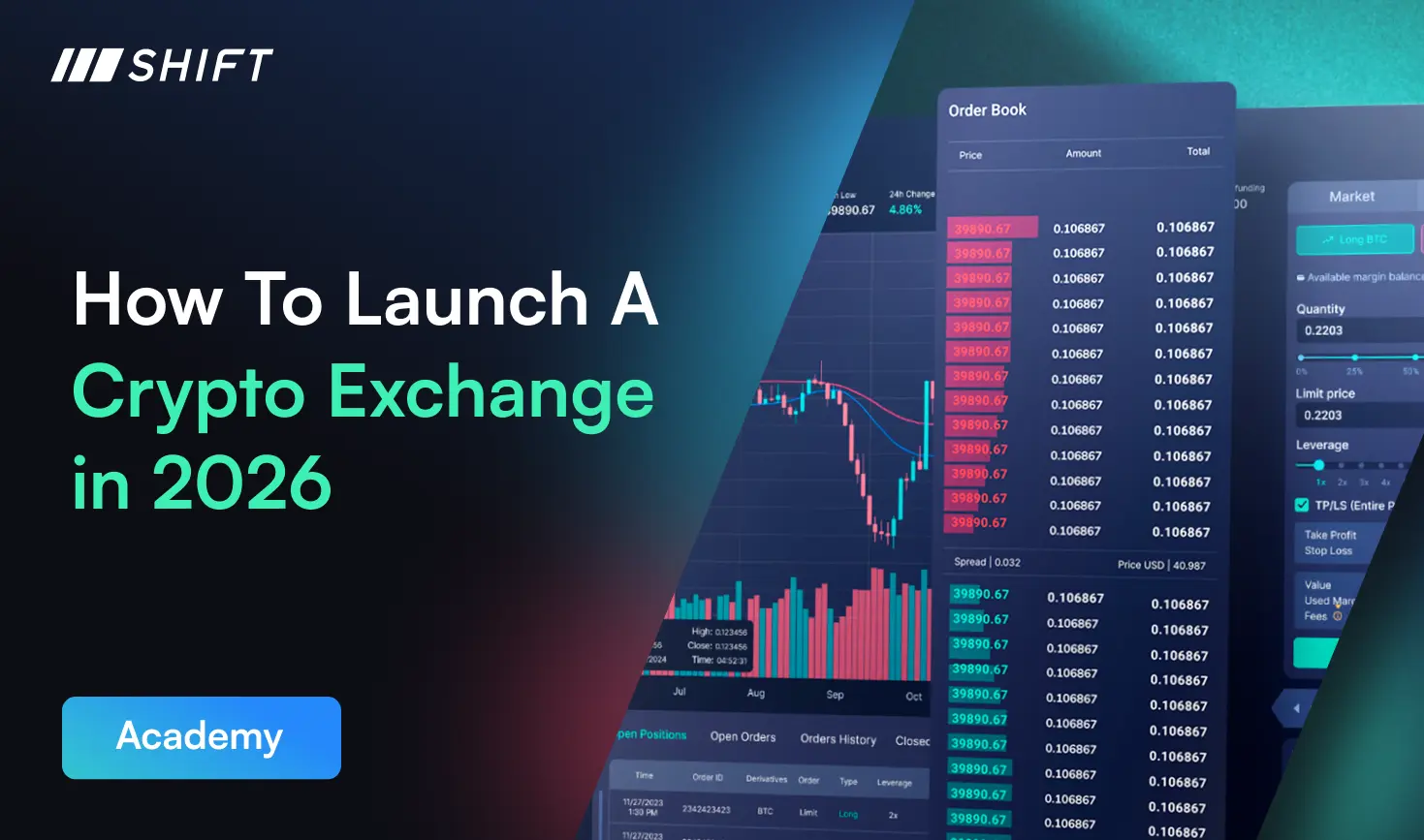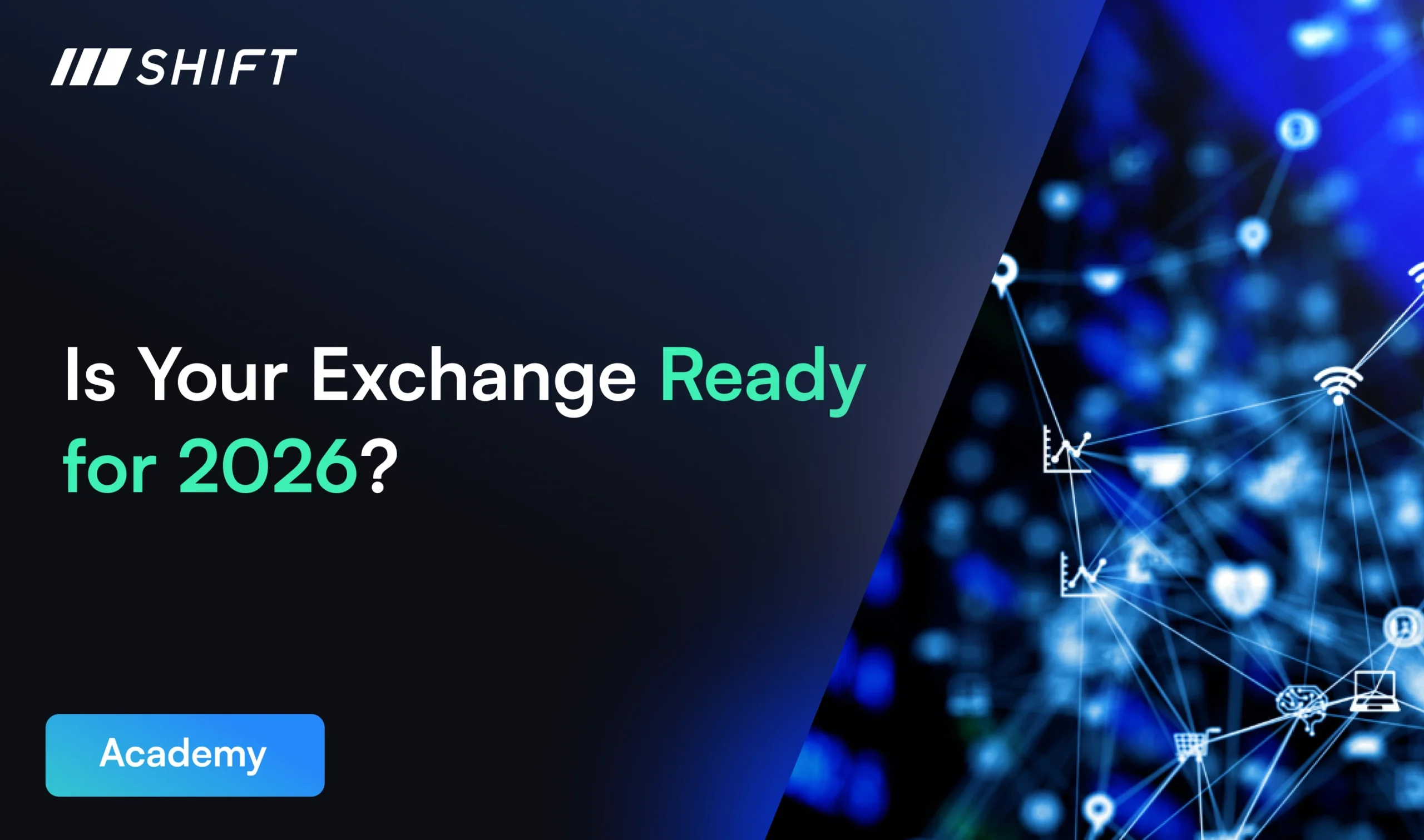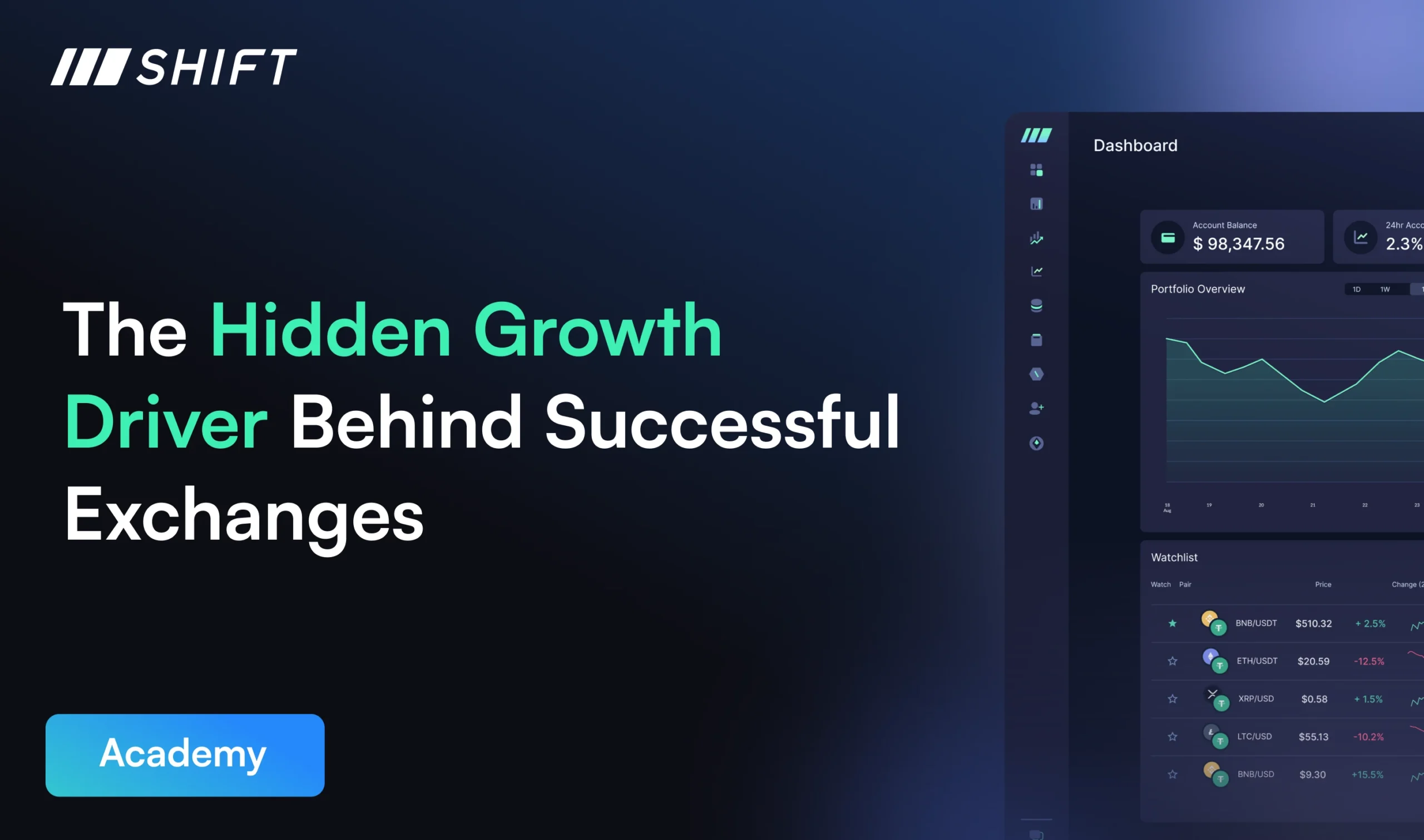Summarize with AI:
Real-World Asset Tokenization: A Deep Dive by Shift Markets
In the ever-evolving realm of blockchain technology, a significant transformation is underway. The tokenization of real-world assets is not just generating substantial value; it’s also capturing the attention of global financial leaders.
This transformative wave has the potential to disrupt industries, offering an opportunity to unleash trillions of dollars in value. By tokenizing various assets, from stablecoins to tangible resources like oil and gold, and even crucial documents, the potential applications are extensive.
In this informative exploration, offered by Shift Markets, we delve into the profound influence of real-world asset tokenization, unravel the reasons behind its global appeal, and uncover the diverse array of potential use cases.
Why Opt for Tokenization of Real-World Assets?
In today’s world, nearly every tangible or intangible asset has a rightful owner, whether it’s a piece of land, a fleet of cars, or legal entities and obligations. Ownership is traditionally validated through legal documents like deeds, contracts, and certificates of possession, often inscribed on paper and endorsed by legal experts or government bodies.
Even though some records may be digitally stored, physical copies are often deemed essential due to the perceived unforgeable nature of signatures and seals. To facilitate the sale of an asset, the owner must create the requisite legal documents, sign them, pay associated fees, and await updates from relevant authorities.
Key Takeaways:
-
The tokenization of real-world assets is revolutionizing how we perceive ownership, transfer, and value. It’s more than just a trend; it’s a trillion-dollar opportunity that’s attracting the world’s financial giants.
-
From stablecoins and commodities like oil and gold to essential documents, presenting opportunities to make transactions more efficient and secure.
-
The industry is not just about moving assets onto the blockchain; it’s about creating entirely new classes of assets and unlocking their untapped potential.
RWA Tokenization in Essence
RWA tokenization simplifies this process by replacing traditional certificates with digital tokens and smart contracts. This not only saves time and resources but also enhances security. In brief, the tokenization of real-world assets offers a more efficient and secure system for monitoring asset ownership, rights, and liabilities.
Tokenization Trends: Commodities, Securities, and Documents
Tokenized Commodities: A Game-Changer in the World of Assets
While NFTs have often been associated with art and collectibles, commodities like oil and gold are also making their mark in the tokenization arena.
The tokenization of these valuable physical assets is poised to disrupt traditional markets. By converting ownership rights into digital tokens, commodities can be traded more efficiently and with greater accessibility.
Imagine owning a portion of an oil well, or having a stake in a gold reserve, all made possible through tokenization. This opens the door for a broader range of investors to participate in these markets without the barriers of traditional commodities trading.
The tokenization of commodities provides increased liquidity and 24/7 trading capabilities on decentralized exchanges. It also has the potential to democratize access to valuable resources.
Tokenized Securities: Unlocking Investment Frontiers
Securities like equities, bonds, and stocks can be issued as NFTs. This opens the door to automated processes, including issuance, listing, record-keeping, and auditing. Tokenized securities can trade 24/7 on decentralized exchanges, expanding access to investment opportunities in publicly traded companies.
Tokenized securities involve fewer intermediaries compared to traditional security issuances, resulting in reduced fees. Utilizing smart contracts for automation enhances cost-efficiency and ensures increased transparency, accuracy, and immutability, although some intermediaries, like distributors, remain necessary.
Tokenized Documents: A Superior Documentation Solution
Digital ID and driver’s license applications like Ukraine’s Diya demonstrate the advantages of digital documents. They are virtually impossible to forge and automate Know Your Customer (KYC) processes, a convenience embraced by Ukrainian centralized exchanges.
Government-issued blockchain-based ID certificates have the potential to significantly simplify citizens’ lives. Tokenized certificates can be directly issued to citizens’ blockchain addresses, with a smart contract preventing the transfer of these tokenized documents.
This approach ensures theft resistance and maintains privacy. Pilot programs, such as Buenos Aires’ QuarkID, are already in progress
The Significance of Stablecoins in Real-World Asset Tokenization
Stablecoins: A Cornerstone of Tokenized Real-World Assets
Stablecoins, like USDT, USDC, and TUSD, which are pegged to fiat currency, essentially represent tokenized assets. Owners can redeem them for fiat currency at their convenience.
These USD stablecoins, with a remarkable $124 billion tokenized, stand as a popular use case for asset tokenization. They cater to both cryptocurrency enthusiasts looking to preserve their assets within the blockchain and individuals seeking cost-effective international money transfers.
If you’re intrigued by the world of stablecoins and aspire to create your own, don’t miss our comprehensive guide on How to Create a Stablecoin. It’s your gateway to understanding the inner workings of stablecoins and the massive value potential behind launching a stablecoin.
Financial institutions are also venturing into tokenized fiat currency. For instance, Hana Bank in Korea is exploring stablecoins as an alternative to Central Bank Digital Currencies (CBDCs).
Conclusion
Tokenizing real-world assets involves issuing digital tokens that represent ownership of tangible and intangible assets. Tokens can be issued and traded on the blockchain, offering a transparent framework that streamlines regulatory compliance and auditing.
Leveraging programmability enables effortless transfer of tokenized assets, eliminating the need for legal teams and addressing cross-border complications.
Tokenized assets stand as the most efficient proof of ownership today, drawing the attention of financial giants like J.P. Morgan Chase and Blackrock.
As the blockchain landscape evolves, asset tokenization promises to revolutionize the way we own and trade assets, offering enhanced security, transparency, and efficiency.
Unlock the Future of Asset Tokenization with Shift Markets
Shift Markets, a seasoned expert in the FX and digital asset sector, excels in trading infrastructure and deftly guides you through the complexities of regulation and technology.
Our platform is your key to the dynamic universe of asset tokenization, providing innovative solutions for both individuals and businesses ready to harness the potential of blockchain technology.
With Shift Markets as your ally, you can confidently explore tokenized assets, streamline transactions, and venture into new realms of investment. Join us on this transformative journey as we navigate the ever-evolving landscape of asset tokenization together.
Share this article:
Want to learn more?
Let us save you time by walking you through what Shift can do for your business!



